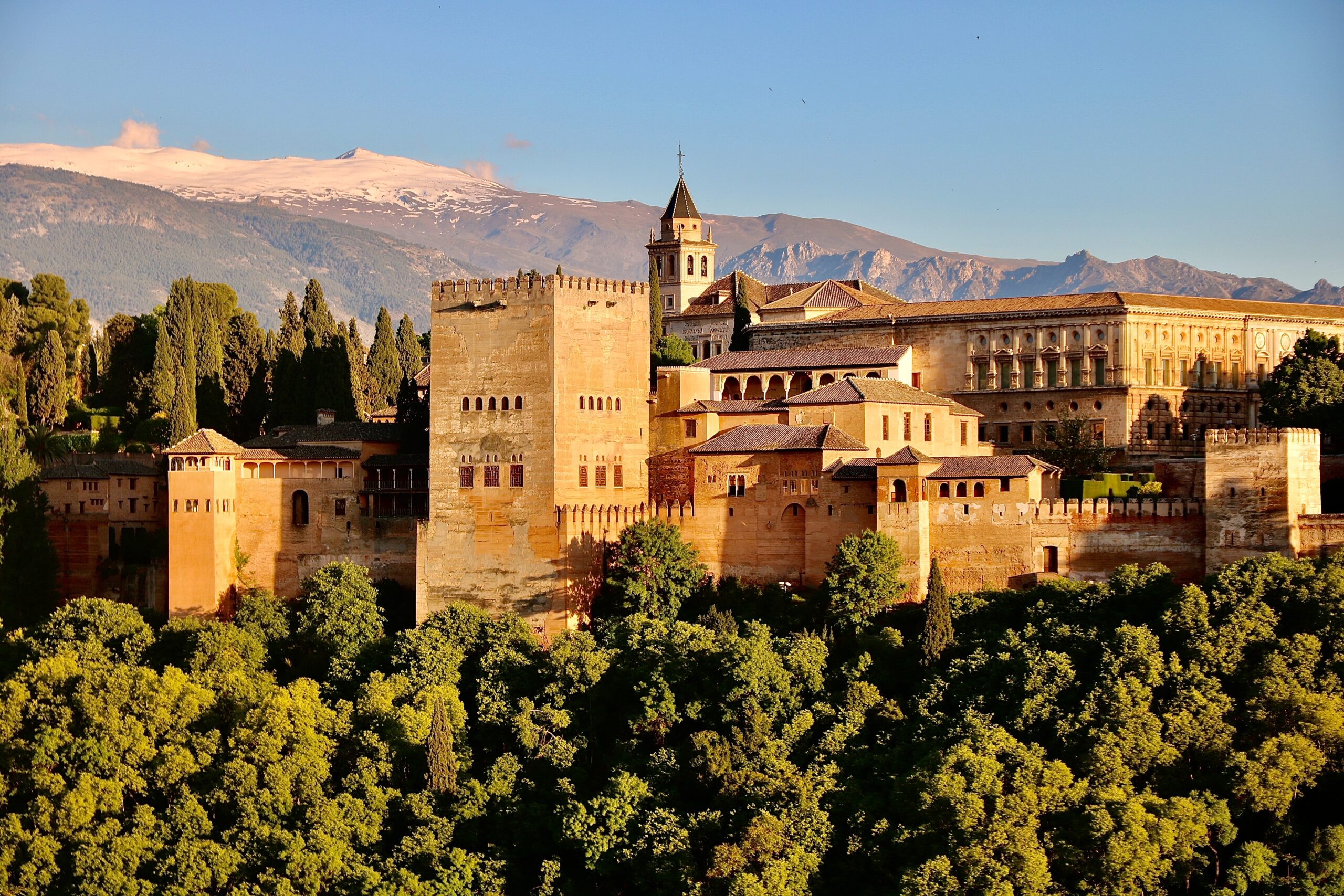In the fourth part of Albert Camus’ humane and heartfelt masterpiece, The Plague, taking place in the French port of Oran on the Algerian coast, there is a moment of quiet surprise following a scene where an innocent child lets out a final, death-rattling wail as he expires in a hospital ward, tortured to the end by the deadly bacillus that is overtaking the town like a wildfire tearing into the heart of a forest. Wringing his hands and importuning God to the save the child, a lowly but faithful man of the cloth, the priest stands beside the cot helpless and abject as the doctor, Rieux, later discovered to be the narrator of this chronicle of the plague, stalks off, sickened and fuming in the wake of this injustice and the apparent clash of priestly doctrine with his notions of what is right. Did this innocent child, after all, deserve to die? Can it really be said with any legitimacy that we should love a God whose ways are so mysterious that a child’s death has an unknowable but legitimate reason for it? Is this all really part of God’s plan?
Then comes the moment of surprise, and Rieux makes his stand: he could not possibly come to love a scheme of things in which children are tortured to death. This is his response to the priest’s suggestion that he try loving what he cannot understand, making this death—like that of every other child—part of God’s inscrutable scheme of things. It is an absurdity sniffed out by Rieux, the humanist narrator reaching in the last pages a gentle but stoic and resolute conclusion. It is this notion of a divine justification of death that is also noticeable in the opening interviews of Werner Herzog’s documentary Into the Abyss, which offers a striking glimpse at the nature of capital punishment in the United States.
I name the country because the structure of this society, with its poverty and vast economic inequality that sets up some for success and others for failure, is the backdrop to the triple homicide recounted by Herzog and bolstered by sincere if conventional interviews and police footage of the crime scenes. The entire Texan milieu where these people have lived out their lives is one ensnared by a cycle of poverty and recidivism, and the lack of education is palpable—one of the interviewees at one point mentions that he only learned how to read during his most recent prison sentence, and with few exceptions the general level of literacy and culture is low, punctuated by the dialectal drawl and slang of the area.
So the fact of their piffling spiritual and material resources is a clear takeaway from the documentary, but the more important point is that these things aren’t their fault; the tenor and fortune of their lives preceded them and sometimes even their ancestors, and the lack of education and the generations of poverty and neglect are out of their hands. And when some of these people get in trouble with the law, going so far as to murder others for reasons so trivial that they might as well have murdered them just for kicks, can they really be condemned? Shouldn’t these things have been expected, to some degree?
People kill. And even though they aren’t acting in a vacuum of pure evil intent on murdering for the sake of murdering—they weren’t dropped onto the earth to sow chaos but have histories that predispose them to the act—the state kills. The opening interview of the documentary with the Death House Chaplin, Richard Lopez, has him hemming and hawing as he grapples with the same spiritual questions as the priest in The Plague, but with a twist: unlike the death of an innocent child from an indiscriminate plague, the state-mandated murder of an inmate on death row has an entirely human cause: revenge. This is the salient reason for capital punishment, since the idea that a life sentence in a maximum-security prison could pose some kind of danger for the public, or that it’s not by itself enough, is absurd.
At one point in the documentary, Herzog mentions to an interviewee, Lisa Stolter-Balloun, daughter and sister to the victims of this triple homicide, that the death penalty seems like overkill when a life sentence would be just as effective. She responds after a moment, mulling over her answer, that some people just deserve to die. But in what sense can we say that anyone deserves to die? As used here, the word deserve takes on a peculiar connotation.
There is no reason to murder the murderer except that the state, outraged by the flagrant transgression of its authority, and the victims’ families, outraged by the injustice done to their loved ones and to them, demand some kind of revenge. And sometimes the life-sentence thing doesn’t seem to fit the bill. And so revenge against the transgressor has the state sanction of the maximum penalty: death.
It would be correct to infer that this revenge escapes our notice because it’s cloaked by the authority of the state and the barbarity of the murder, just as it would be correct to say that this doesn’t make it any less disturbing and inhumane. And it goes without saying that humans exact revenge against others—really against themselves, since it is humans acting against other humans—because they themselves are human. A twisted concept, is it not? And I find myself wondering about the place and time for moral high-mindedness when those who condemn the barbarous violence of the murder greedily lick their chops as they watch the same actions inflicted on the murderer.
Capital punishment has no justification except that the state, like the murderer, is a product of the same lowly and abject human instinct inserted into the lives of others. But the more repugnant and hypocritical thing is that the state calls itself good, and its savage and brutal machinery of revenge-as-murder, justice. We’ve always loved to kid ourselves about the meanings of words.




